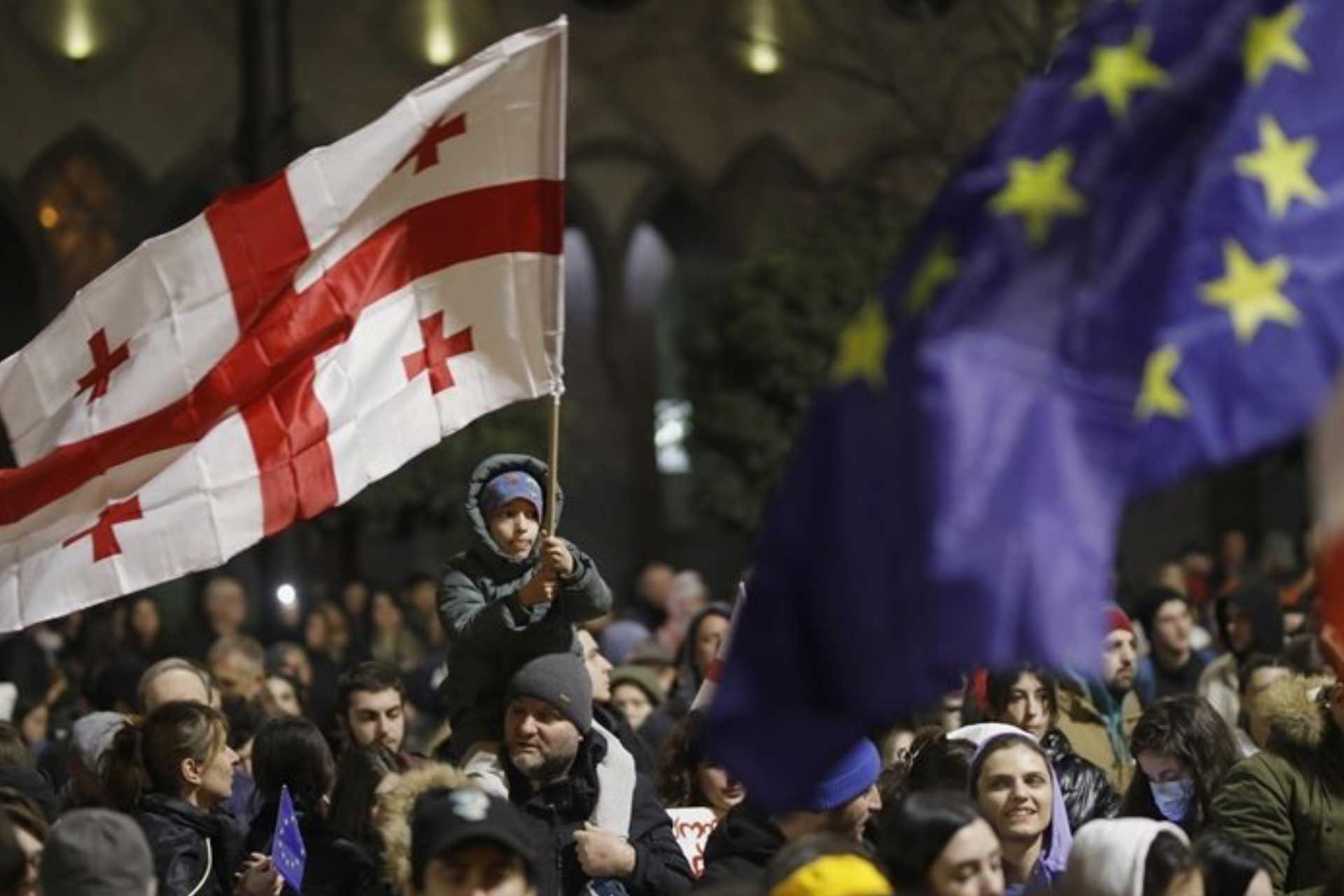Morocco’s Economic Resilience: Navigating Global Challenges with Economic Strength
In the light of a turbulent world, full of uncertainties and crises, Morocco was affected by the brutal shocks that hit its economy. After the recovery from the pandemic, the country suffered from the consequences of the Ukrainian conflict. The later resulted in an energy and food crisis, supply chain disruptions and the acceleration of inflationary tensions. In addition, the country was hit by a devastating earthquake last month. This natural disaster could potentially have economic losses estimated at $10.7 billion. In response to this situation, the Moroccan central bank and the government initiated economic policies (fiscal and monetary policies) to relieve the domestic economy.
Notwithstanding this upturn, the treasury financing conditions were difficult in this context Bretton woods institutions intervene to help the country in overcoming its financial difficulties. Yet, what characterizes the Moroccan economy is its solid banking sector. The sector remained liquid thanks to the central bank’s policies and regulations.
On a side note, Morocco under the leadership of King Mohammed the sixth has asserted itself as a credible economic and political partner. Which allowed the kingdom to be removed from the Financial Action Task Force (FATF) and the European Union grey lists, to receive the credit line granted by the IMF, and the hosting of the IMF and the World bank annual meetings this month.
Under the umbrella of its domestic authorities and the world’s largest financial institutions, Morocco is positioning itself as a regional leader in north Africa and the middle east. The organization of such big events and forums show how Morocco’s economy is resilient in times of uncertainty and mutations.

Annual meetings of the world bank and the IMF in Morocco, Marrakech: A new path to global cooperation
Joint statement by: World Bank President Ajay Banga; International Monetary Fund (IMF) Managing Director Kristalina Georgieva; and Kingdom of Morocco Minister of Economy and Finance Nadia Fettah Alaoui.
After a devastating earthquake last month, Morocco hosted this month the annual meetings of the world’s most powerful financial institutions (IMF and the World Bank group) in Marrakech. These meetings bring the affair to the Arican continent for the first time in 50 years.
Morocco’s history with the International monetary fund and the world bank has a long path. In the 80’s, the country has undergone external and internal deficits. The budget of the government as well as the balance of payments were in chronic deficit. This was the result of successive crises in late 70’s; the second oil crisis in 1977, the revolution in Iran in 1979 and the neoliberal policies of the US president Ronald Reagon. The deterioration of international climate weakened the Moroccan economy. In September 1983, with the support of the International Monetary Fund and the World Bank, launched a structural adjustment program.
The structural adjustment program gave a new breath to the Moroccan economy. Yet, the costs were heavy in the social plan, in terms of education, health and infrastructure conditions. Thus, the implementation of this program brought many lessons to the country in terms of economic governance. During the past years, and despite the economic turmoil… the central bank in Morocco and the financial authorities still able to improve the financial and monetary situation and to keep the banking sector strong, stated Jihad Azour the director of the middle east and central Asia department at the IMF in the light of the Annual meetings. Morocco’s quest for stronger and inclusive growth made the organization of the meetings in its territory possible. Furthermore, Morocco is a gateway to Africa, Europe, and the Middle East. The Marrakech 2023 Annual Meetings provide an opportunity to recognize Morocco’s strong commitment to economic reforms and stability and to promote the country as an example of how to build trade and investment links in a fragmenting world.
The meetings indeed aim to strengthen global cooperation in a world hampered by prices instability, increasing debt, and low economic growth. Alongside the two financial institutions and Moroccan host, the Marrakech principles for global cooperation were released. These 4 principles provide a broad framework to help harness the power of multilateralism to the benefit of all. On the other hand, in the same occasion the “Marrakech declaration” was adopted chaired by the Moroccan minister of economy and Finance Nadia Fettah in presence of 48 African ministers of economy. They all called for a global financial architecture that is fairer and more conductive to Africa’s development. The question that can be raised here is that can we consider the organization of this meeting in Morocco as a step by the IMF to improve the representation of the global south? In fact, one of the central criticisms of Bretton woods institutions is the political power imbalances in their governance structures, where poorer countries that are more eligible to receive loans are under-represented. The annual meetings in Morocco then gave the opportunity to the voice for the global south to be heard especially the voice of African countries.




Comments